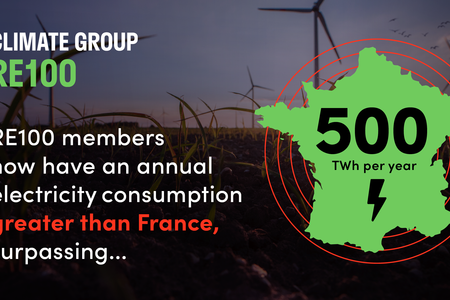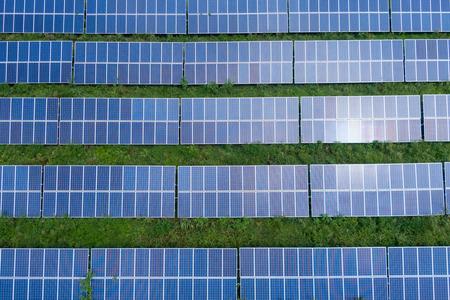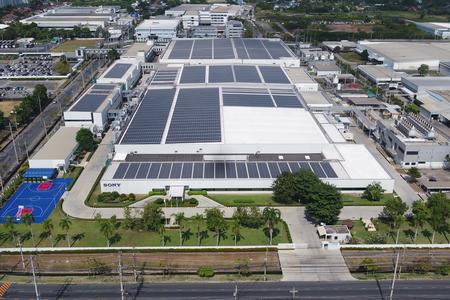As a major export market, Taiwan is a leading global producer of advanced semiconductors – technology which is integral to many of our most prized possessions.
No less than 31 RE100 members are headquartered in Taiwan, including one of the world’s largest semiconductor manufacturers, TSMC.
TSMC joined RE100 in 2020, and in 2023 the company decided to increase its ambition with RE100 – bringing forward its target by 10 years, to 2040. TSMC is driving up corporate demand for zero carbon grids, particularly in Taiwan where in 2021 6% of total electricity generation was renewable.
To learn more, RE100 asked TSMC some questions about what motivated the company to increase its ambition and how TSMC plans to meet this new target.
Why did you decide to increase your ambition with RE100?
“Responding to climate change, mitigating climate impacts, actively saving energy and reducing carbon emissions are TSMC's urgent and sustainable responsibilities as a corporate citizen, and the use of renewable electricity is an important part of that.
TSMC’s Chairman, Dr. Mark Liu, mentioned at this year’s shareholders’ meeting that TSMC was actively evaluating the possibility of bringing forward TSMC’s RE100 target and whether the renewable electricity (RE) targets in the run up to 2040 could be revised upwards. After continuous feasibility discussions with relevant internal units, seeking solutions and formulating strategies, we were indeed able to set a far more-ambitious goal – RE100 by 2040.”
What enabled you to increase your ambition?
“Though the market is not yet mature, Taiwan has implemented renewable energy policies and initiatives which have allowed the renewables market to grow in recent years. These policies have helped to attract investment from local and foreign companies.
TSMC will therefore continue to invest in long-term, diversified renewable energy in Taiwan, build solar power systems to generate zero carbon renewable energy for use in its fabs (plants), and expand planning for public welfare green energy projects in the future – painting a three-pronged approach to increase the proportion of renewables used in Taiwan.”
What’s next in TSMC’s renewables journey?
“TSMC upholds the value of sharing and continues to support the wider use of renewable electricity. We hope to not only have sufficient renewable electricity for us, but also to create a more mature and complete renewable energy market in Taiwan, so that all companies that need renewable electricity and every household that needs it can have access.
We recently announced the signing of a 20,000GWh renewable energy joint procurement contract with ARK Power. The agreement provides TSMC’s suppliers and subsidiaries with electricity evaluation and planning services, and 20 years of long-term renewable electricity procurement – making renewable energy far more accessible.
In addition, through the TSMC Charitable Foundation's "Charity Green Energy Program", we are installing solar power generation systems for disadvantaged organisations free of charge. A total of 17 projects are expected to be put into operation before 2024.”
What would you like to see from policymakers to further unlock TSMC’s renewables ambitions?
“The semiconductor industry, including TSMC, needs a sufficient, stable, and clean power supply. As TSMC Chairman Dr. Mark Liu mentioned at the 2023 shareholders’ meeting, the development of renewable energy in Taiwan needs to look at opportunities to develop faster – there is an enormous business potential. Therefore, we expect new policies that will help further expand the development of renewable energy, open up new sites and strengthen the construction of infrastructure to effectively increase green power supply.
At the same time, it is also necessary to increase certainty in the renewables market, including supporting the use of renewable electricity by corporates, and accelerating efficiencies to promote the development of renewable energy projects as scheduled. Finally, policy is needed to reduce the cost of renewable energy development, improve the investment environment, and provide more competitive and affordable renewable energy to help maintain the international competitiveness of enterprises. This would be a brand-new approach and although the goals cannot be achieved overnight, it is important to drive in this direction.”
Image credit: Briáxis F. Mendes (孟必思), CC BY-SA 4.0, via Wikimedia Commons.



